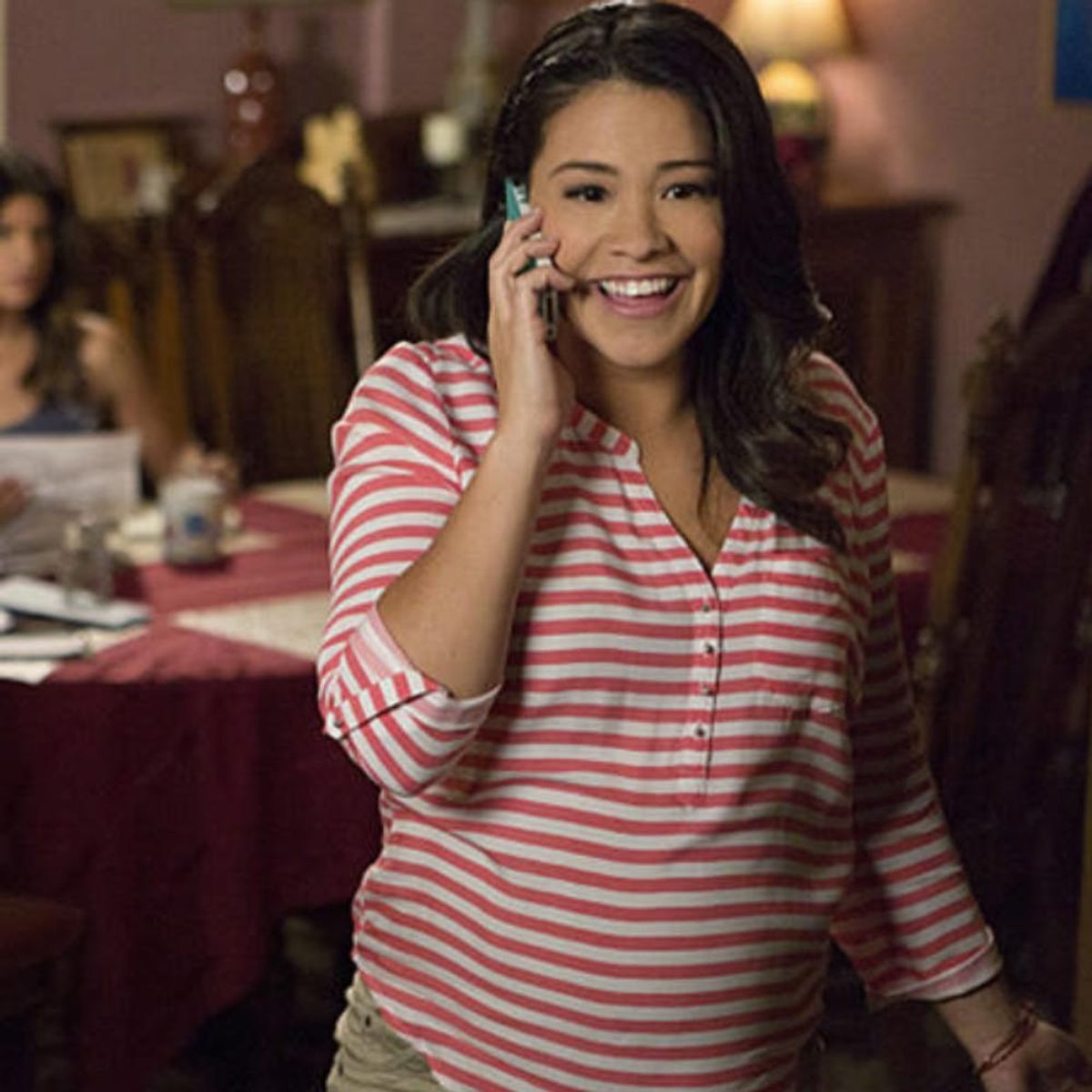If You’re in Your 20s or 30s, You Might Not Get Hired Because You MIGHT Become Pregnant

As if the wage gap and consistent threat of sexual harassment weren’t enough for working women to deal with, it can be extra challenging for young women to even get hired. Why? It turns out that HR folks, especially men, are concerned that women in their 20s and 30s will get pregnant, and even pass over women in this age group for jobs for this reason. If this sounds completely unfair and illegal, that’s because it absolutely is. It also has negative consequences for women’s finances.

A new survey conducted by YouGov, an international market research firm, and the UK’s Young Women’s Trust, found that discrimination against young women based on the fact that they might get pregnant is more common than some may realize. According to a Young Women’s Trust press release, almost one in five male HR decisionmakers said they would be “reluctant” to hire a woman in her 20s and 30s. Sadly, one in 10 female HR decisionmakers admitted to the same. Though it’s entirely illegal to discriminate against potential employees based on gender, the practice of doing exactly that is clearly pretty common in the UK. And, you guessed it: The same problem exists in the US as well.
Though it’s illegal in the US to discriminate against a person in the workplace (including hiring practices) based on sex or pregnancy status, women are subjected to this type of discrimination all the time. A 2015 brief from the National Partnership for Women & Families (NPWF) explains that even if a woman isn’t and doesn’t plan to be pregnant, she can still suffer the negative stereotypes that surround pregnancy and motherhood at work.
“Studies have shown that stereotypes about women as mothers or caregivers can mean they are less likely to be hired,” the brief states, “perceived as competent, or paid as much as male colleagues with the same qualifications.”
Of course, women who are actually pregnant or openly planning to get pregnant face illegal negative consequences at work once they’re employees too. Between October 2010 and September 2015, there were around 31,000 cases of pregnancy discrimination filed with the Equal Employment Opportunity Commission (EEOC) and state-level employment equality organizations, according to a 2016 report from the NPWF. An NBC report on pregnancy discrimination (sometimes called the “pregnancy penalty”) notes that pregnancy-based discrimination can include being passed over for a promotion, getting taken off projects, and generally dealing with a workplace culture that looks down on pregnancy and motherhood.

This can have major financial implications for pregnant employees. The NPWF brief from 2015 adds that some pregnant employees don’t get adequate accommodations at work, which sometimes means they need to leave their job on unpaid leave and thus lose their income. And since people who make hiring decisions tend to discriminate against pregnant women, it’s not easy to get a new job when you’re already pregnant. Women can also miss out on more earnings when they’re passed over for promotions at work because they’re going to have a baby.
To help combat some of the unfair treatment pregnant employees face, groups including the NPWF and the National Women’s Law Center are advocating for a new bill called the Pregnant Workers Fairness Act. The Act would make it a requirement that employers provide reasonable job accommodations for pregnant employees if their pregnancy causes some limitations, and make it illegal for employers to threaten or retaliate against pregnant employees if they ask for a pregnancy-related accommodation. With this Act in place, pregnant workers would have more legal recourse and protections so they can continue to work and keep their income while they’re pregnant.
The far-reaching impacts of pregnancy discrimination in workplaces certainly hurts pregnant women, but also any woman who an employer thinks might ever get pregnant. Another example of the many unfair disadvantages women face at work, pregnancy penalties are currently only illegal in terms of hiring practices, but doesn’t extend to accommodations employees might need if they do get pregnant. With more and better protections in place for pregnant women, workplace practices will hopefully start to get better for all women.
What do you think? Tell us on Twitter @BritandCo.
(Photos via Getty + CW)



















